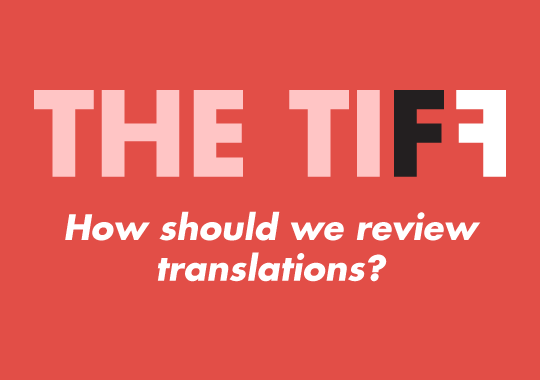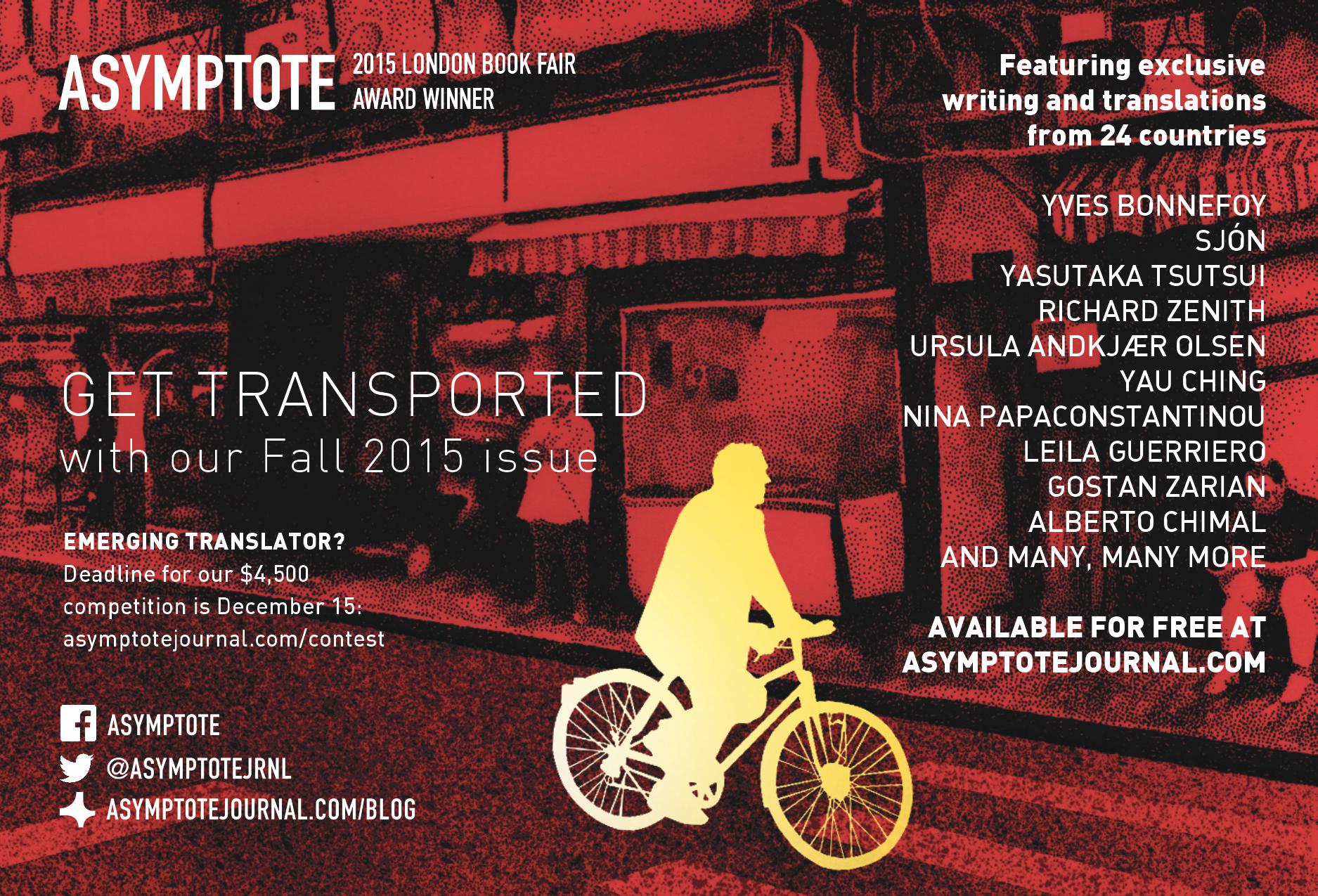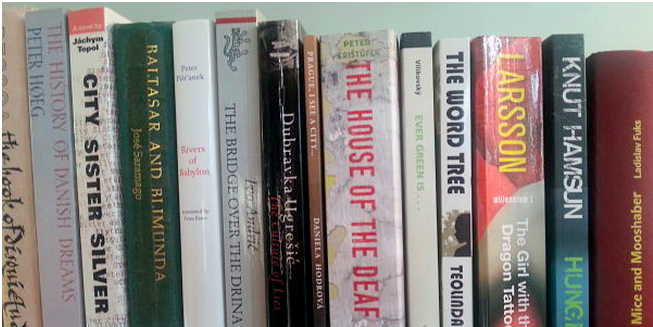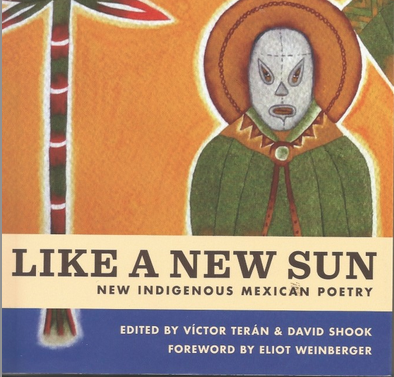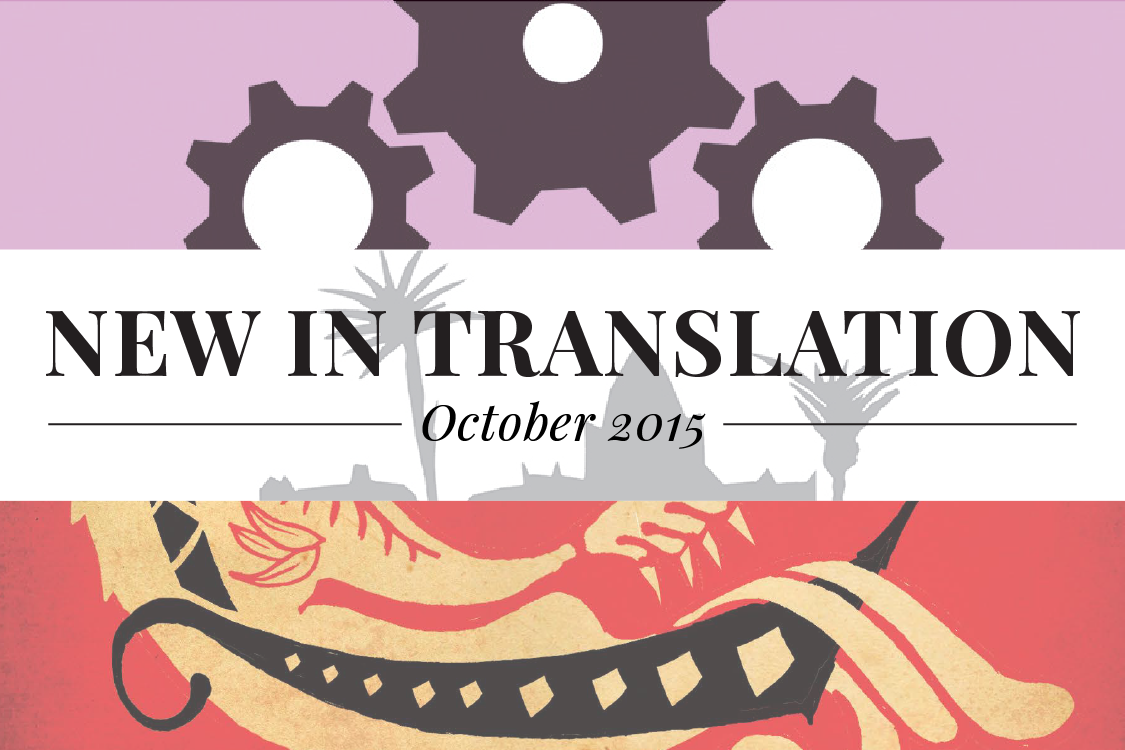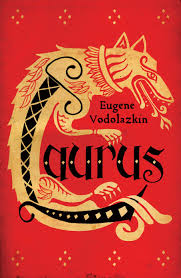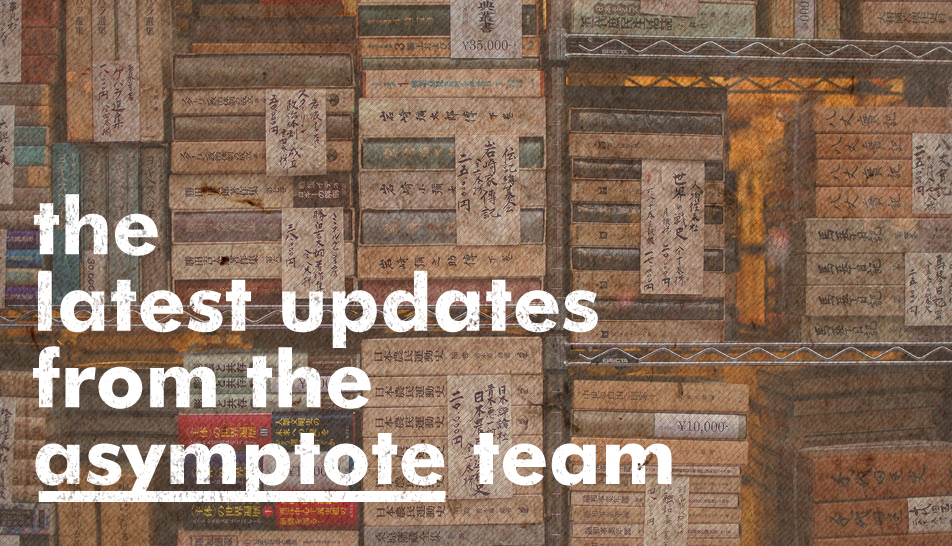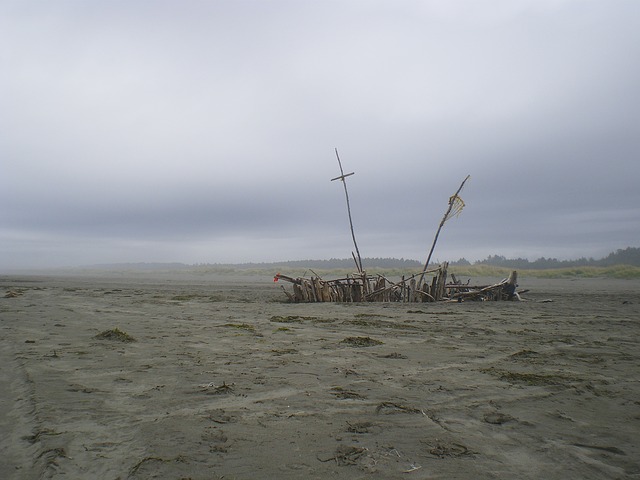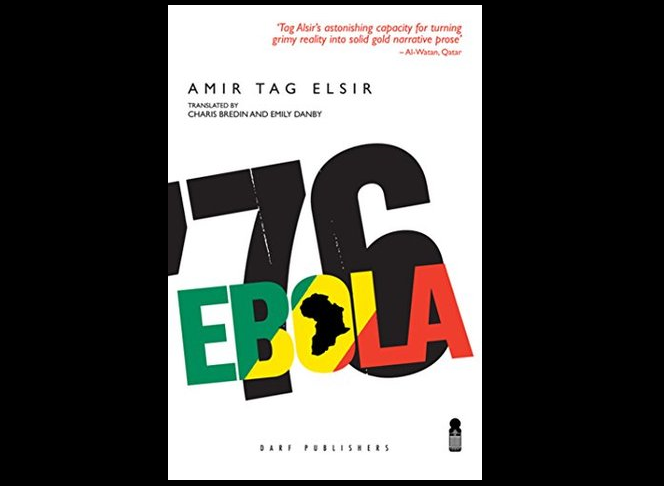Yardenne Greenspan has an MFA in Fiction and Translation from Columbia University. In 2011, she received the American Literary Translators’ Association Fellowship. Her translation of Some Day, by Shemi Zarhin (New Vessel Press), was chosen for World Literature Today’s 2013 list of notable translations. Her full-length translations also include Tel Aviv Noir, edited by Etgar Keret and Assaf Gavron (Akashic Books), and Alexandrian Summer by Yitzhak Gormezano Goren (New Vessel Press). Yardenne’s writing and translations can be found in The New Yorker, Haaretz, Guernica, Ploughshares, The Massachusetts Review, and Words Without Borders, among other publications.
*****
Who are you and what do you translate?
My name is Yardenne Greenspan, I’m a writer of fiction and essays, a translator of Hebrew fiction, and an aspiring good friend. I mostly translate novels, but also short prose, plays, and even some poetry.
Describe your current/most recent project. Why is it cool? What should we know about it?
I just finished translating a biblical-fiction novel by Israeli author Yochi Brandes, which is forthcoming from St. Martin’s Press next summer. The novel offers a subversive reading of the biblical books of Kings and undermines what we know about Kings Saul, David, Solomon, and their families. It was especially exciting for me, having grown up in Israel, where Bible lessons are taught at every school, forming a very specific narrative of “good” and “wicked” kings. This books really turns it around.
What author would you like to see more popular/translated in the first place?
Sayed Kashua, a Palestinian citizen of Israel who currently lives and works in Illinois, writes in Hebrew about the experience of living on both sides, trying to pass as Israeli while remaining faithful to his Palestinian roots, and the entrapment that ensues. Sadly, Kashua recently decided his attempt to bridge the conflict through his writing has failed, but his writing still offers incredible insight into the complicated and heartbreaking way of living that is Israel. His books have been translated by Miriam Shlesinger and Mitch Ginsburg, and I think they should be read by anyone who is interested in a fresh take on the subject that is both touching and hilarious. READ MORE…

